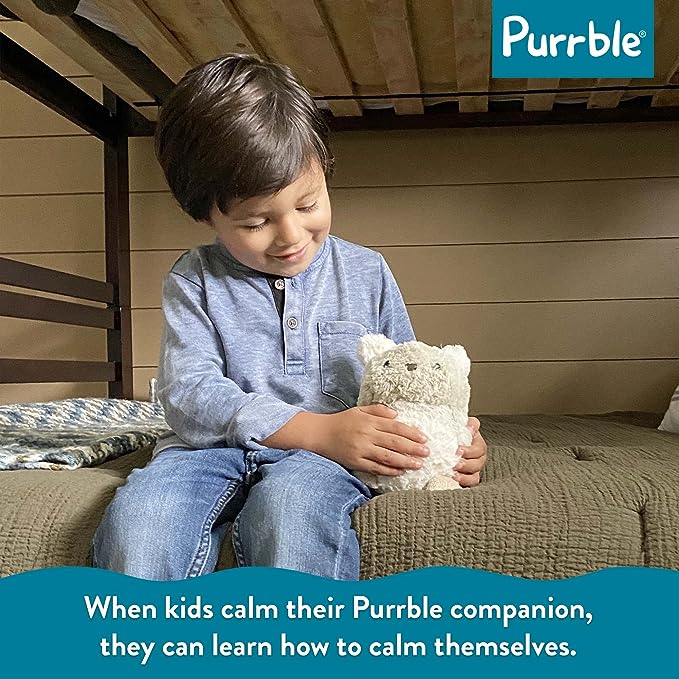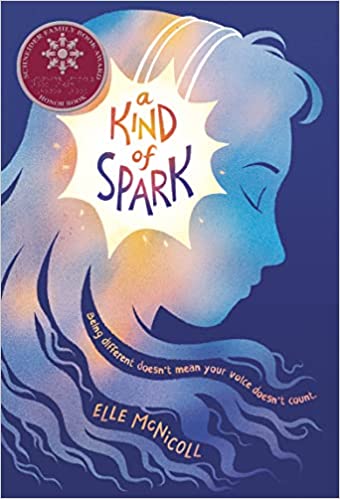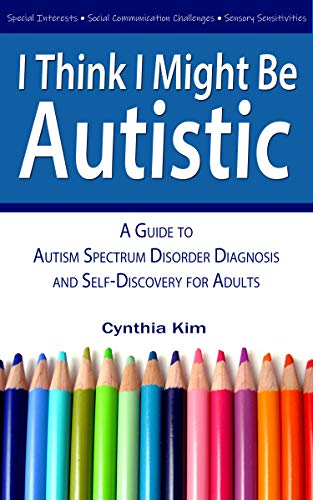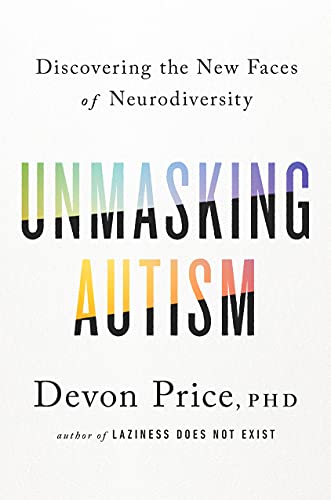No, I Was Never “Being Dramatic”, I Actually Feel Things That Deeply

Oh, the invalidation of it all! When I was a child, I got called “dramatic” all the time. To me, truly being dramatic means purposefully overreacting to get a response.
Me? No.
I actually feel things that deeply and strongly. There was no intention behind my reactions, I was just responding to how my senses perceived my environment at the time.
I think neurotypical people invalidate the emotions and experiences of autistic people unintentionally, for the most part.
If you tell a neurotypical child he is being dramatic because he threw himself headlong into the grocery store aisle shrieking and pounding his fists into the linoleum because he was told he couldn’t have a candy bar, he’s probably not going to sustain permanent psychological damage from being told he’s being dramatic.
In fact, he may realize his tactic is not working and stop.
If an autistic child begins screaming, crying, covering her ears, and slamming her head repeatedly into a wall (all things I did as a kid), this is a child in deep and profound distress.
(Article continues below.)
The best way to improve communication with your autistic loved one is to understand how your autistic loved one’s mind works! Intentions, motivations, and personal expressions (facial expressions or lack thereof, body language, etc.), are often quite different in autistic people than they are in neurotypical people.
Experience a better understanding of your autistic loved one by reading books about life from an autistic perspective as well as stories that feature autistic characters. You’ll have so many “Ah ha!” moments and start seeing your autistic loved one in a different light (and you’ll have a better understanding of their behaviors, which you may have been misinterpreting up until now).
Books I recommend for a better understanding of your autistic loved one:
This child is experiencing sensory overload and absolutely cannot, on pain of death, control what’s happening to her.
Read how I just wrote that: “The child cannot control what is happening to her.”
Being dramatic is a manipulative tactic designed to get attention or a response from others. It is a purposeful act. Having a meltdown is an uncontrollable emotional response that happens when a person is completely overwhelmed, scared, triggered, etc. It is not on purpose. It is happening TO the person, not the other way around.
As someone who has had a few meltdowns in her adult life, let me tell you, you see it happening, you’re at least partially aware of what you’re doing, but you cannot stop it.
That’s not “dramatic”, it’s terrifying!
Follow me on Instagram.
Want downloadable, PDF-format copies of these blog posts to print and use with your loved ones or small class? Click here to become a Patreon supporter!

















1 Response
[…] emotional response used to accurately reflect my internal experience. There was no exaggeration, no drama, and no attention-seeking behavior. I was simply expressing myself in a genuine […]